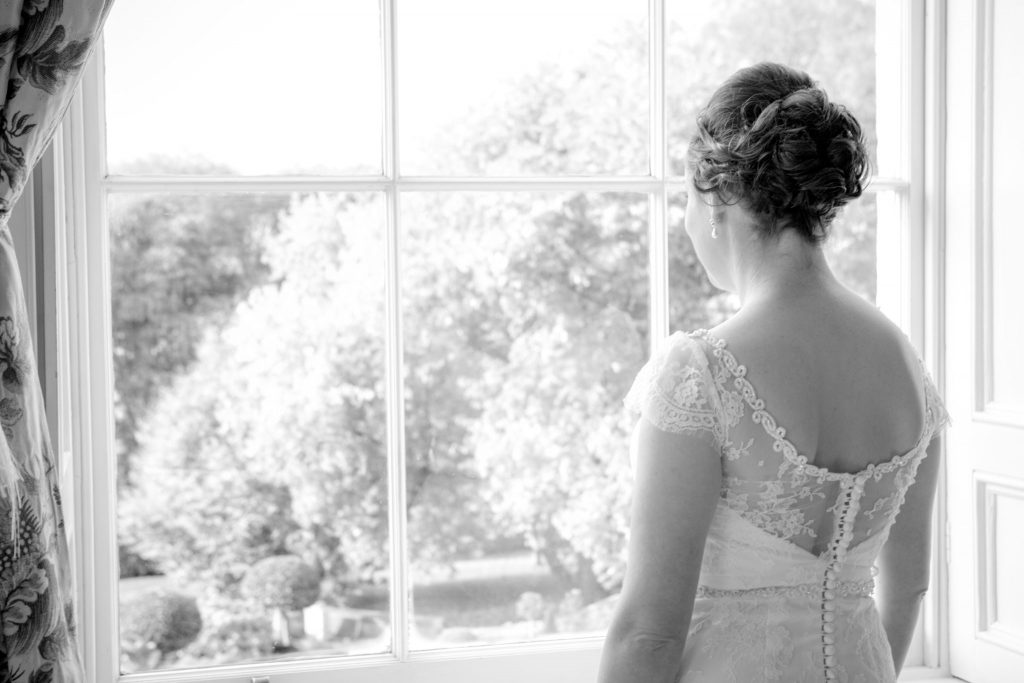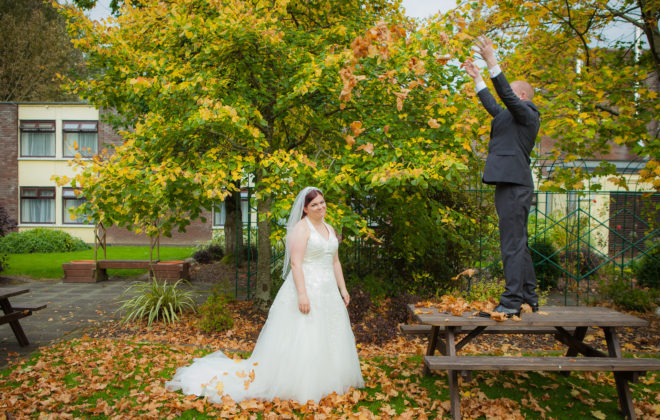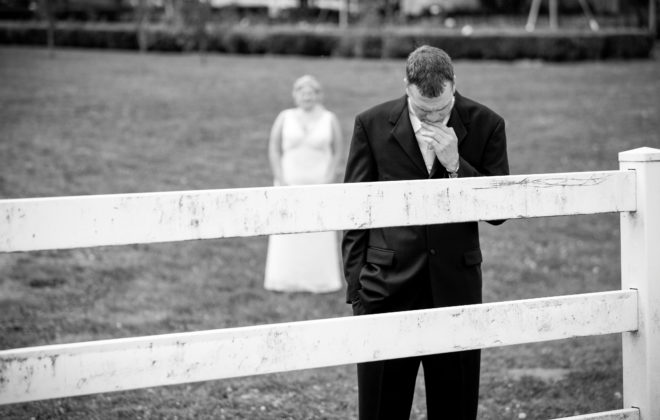Advice for Wedding Photography Contracts
When deciding who to hire to photograph a wedding, it is important to read and understand the contract that will be signed. If a photographer doesn’t have a good contract at the time of the booking, they are not a good choice for a photographer to work with. It’s important to the photographer to have a contract to cover them, and it’s good for the client to have and understand the contract to know what they are getting in return for payment.
Price and Services
The contract should clearly document the price and services offered. It should also be clear as to the deposit, when the full balance is due, and what part is refundable due to cancellation. It happens.
Most contracts will involve a non-refundable retainer to the photographer. This is usually a percentage of the total cost or a flat fee amount. Be sure that this is a reasonable amount. The photographer is reserving that date, so if the wedding is canceled the photographer isn’t making any money. It is important that they are compensated for that. But it’s also important to the client that the amount is not exaggerated.
Liability
One of the essential items in a contract is who is liable for what. Equipment might get damaged, things break, the film (if they use film) gets lost, accidents happen. It is important to have a documented contract of who is liable for these types of incidents.
Memory cards fail, and shots get missed, venue lighting can be poor quality, etc. multiple things could prevent the bride and groom from receiving everything they want. A wedding photographer might miss a key shot for any number of reasons. The clients shouldn’t hold the photographer liable for that, as long as it is clear the photographer is making every effort to provide a quality product.
Timelines
The contract should also discuss delivery timeframes and how long the photographer will hold on to materials. It’s important that the photographer follow through and provide the end product in the timeline agreed upon. It’s not always going to be right away, especially during the busy summer wedding season, so it’s necessary that both parties understand and agree.
No Show
The contract should clearly state what the photographer’s liability is if they are unable to attend or if something happens to the pictures before delivery. A photographer might get sick, or something could happen that would prevent them from photographing the wedding. The contract will tell the client what the photographer plans to do if such a situation arises. This will usually involve committing to providing a backup photographer to take their place.
Rights to Images
If the photographer is good, they will include in the contract who maintains the rights to the images, and that should be the photographer. After all, they are the one doing the work. But be sure the photographer stipulates what they could use the photographs for. Typical uses are for advertising, contests, and possibly stock sales.
Also be sure the client knows what they can do with the images. They might be thinking, anything, but that is not the case. If the photographer maintains the rights to the pictures, and the clients then sell them to a stock agency, the client could be liable if they don’t have permission to do so from the photographer. Keep in mind, it is standard practice for the photographer to maintain the rights to the images and this should be expected.

In The End
It is vital that one of the first things established when meeting and agreeing to hire a photographer is who is responsible for what. During the day of the wedding itself or even after the fact, when people’s emotions are involved, there will be a well-written document that each party can refer back to for clarification. The less hassle, the better; both a good contract and educated clients will lead to the least amount of problems and the happiest set of memories for what is the majority of people’s most special day.
Related Posts
Leave a Reply Cancel reply
This site uses Akismet to reduce spam. Learn how your comment data is processed.
Categories




